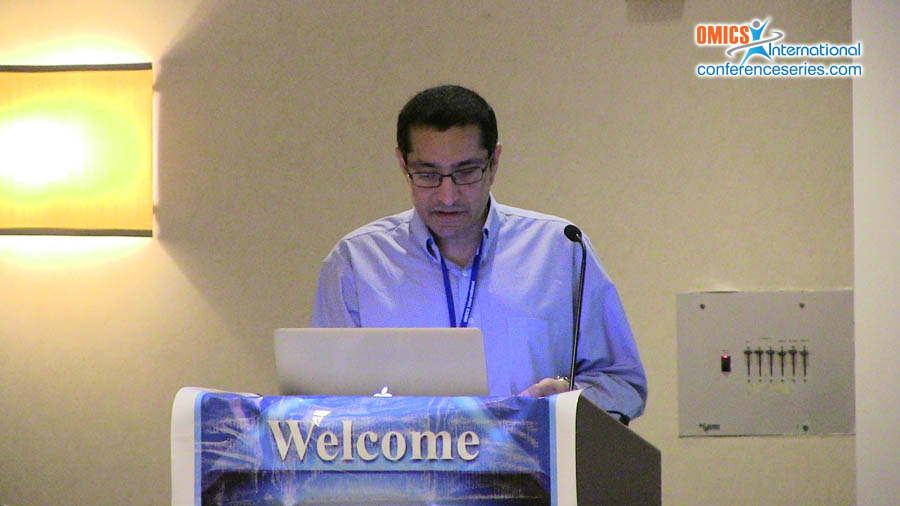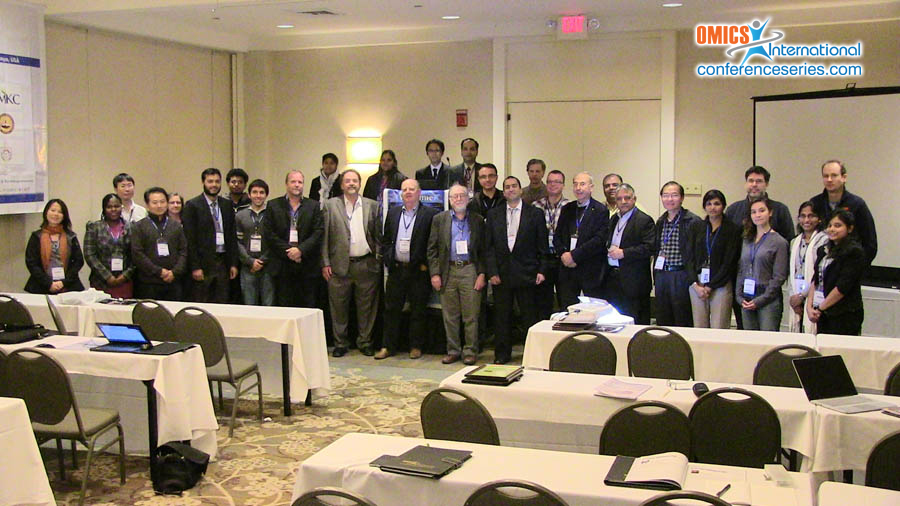
Ram Samudrala
State University of New York, USA
Title: Interactomics: Computational analysis of novel drug opportunities
Biography
Biography: Ram Samudrala
Abstract
We have developed a Computational Analysis of Novel Drug Opportunities (CANDO) platform funded by a 2010 NIH Director’s Pioneer Award that analyses compound-proteome interaction signatures to determine drug behaviour, in contrast to traditional single target approaches. The platform uses similarity of interaction signatures across all proteins as indicative of similar functional behaviour and non-similar signatures (or regions of signatures) as indicative of off- and anti-target (side) effects, in effect inferring homology of compound/drug behaviour at a proteomic level. We have created a matrix of predicted interactions between 3,733 human ingestible compounds (including FDA approved drugs and supplements) × 48,278 proteins using our hierarchical chem and bio-informatic fragment-based docking with dynamics protocol (from over one billion predicted interactions total). We applied our compound-proteome signature comparison and ranking approach to 2030 indications with one approved compound and yielded benchmarking accuracies of 12-25% for 1439 indications with more than approved compound. We are prospectively validating \\\"high value\\\" predictions in vitro, in vivo, and by clinical studies for more than forty indications, including dental caries, dengue, tuberculosis, ovarian cancer, cholangiocarinomas, among many fothers. 58/163 (36%) predictions over twelve studies across ten indications show comparable or better activity to existing therapies, or micromolar inhibition at the cellular level, and serve as novel repurposeable therapies. Our approach is applicable to any compound beyond those approved by the FDA, and also include can readily consider mutations in protein structures to enable personalization based on genotype, foreshadowing a new era of faster, safer, better and cheaper drug discovery.



